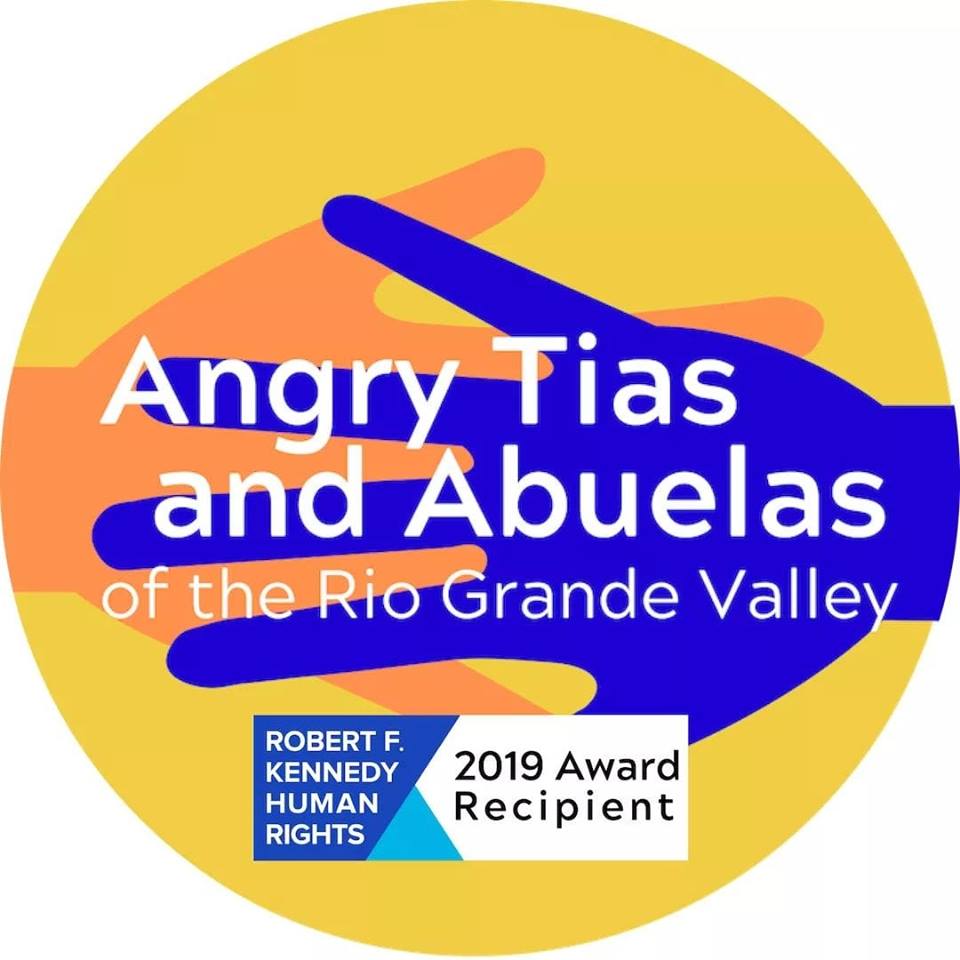By Marianne Comfort
It’s a little before 7 in the morning, and I’m scanning the people hanging around the bus station to identify who I might want to talk with. Do they have bags for travel? Do they have tickets in their hands? Or do they look like they are instead awaiting a family member’s arrival?
Depending on the day, there might be a few individuals, a parent and child, or a whole party of relatives who look eager to greet someone. I rehearse some Spanish phrases in my mind one last time then walk over, introduce myself as a volunteer with a group helping immigrants and ask if they are waiting for the bus from the border.
I hand them a piece of paper that has phone numbers they can call for assistance with clothing, school enrollment, rides to appointments, and legal and medical information. As soon as the bus arrives, I stand back and watch the hugs, tears and photos documenting the occasion of this reunion, which are sometimes ending decades-long separations.
My participation in a nationwide network of bus greeters isn’t changing policy or the conditions of detention facilities or the anti-immigrant sentiment too common in many locales in this country. But we are letting immigrants know that they are welcome in our communities and that there are resources to help them settle in.
With the group calling themselves the “Angry Tias and Abuelas from the Rio Grande Valley” receiving the prestigious Robert F. Kennedy Human Rights Award in June, this volunteer network is getting some attention. The Texas group, named for how the founding eight women felt as aunts and grandmothers, assists migrants with the first leg of their journeys from the border to sponsors around the United States. They review bus tickets, explain often-complicated routes and alert the migrants that they can use station bathrooms and water fountains for free.

Other volunteers, among them Mercy sisters and associates, staff other bus stations, offering food and clothing for migrants at layover stops or greeting them at their final destinations. Volunteers at more southern locales alert volunteers further north of migrants who are coming their way and what needs they might have.
When I set out for a shift, my husband refers to it as my “Underground Railroad” duty, and while we aren’t in the same danger as volunteers escorting slaves to freedom before the Civil War, we practice similar precautions when assisting migrants seeking safety in new communities. For instance, we don’t publicize our activity for fear of alerting people who might want to harass new arrivals.
Not all migrants have friends or relatives meeting them. So just as I scan the bus station for possible sponsors, I also look for who is stepping off each bus. If they don’t have any bags and are clutching official-looking manila envelopes, it’s likely they’re seeking some assistance after a multi-day journey from Texas, New Mexico or Arizona. I offer them a phone to call a relative or friend, buy them some food at a nearby convenient store, or, if they are sick, consult with a doctor who is part of our network.
I have pretty limited Spanish, so I’m not able to carry on extended conversations with family members or the passengers themselves. But there are always smiles all around and expressions of “muchas gracias” that Americans would care enough to greet them and let them know that assistance is close at hand._x0002_